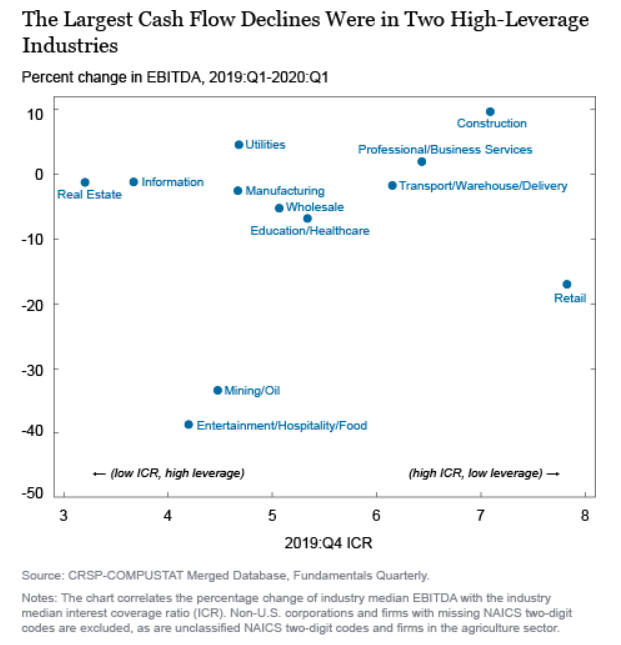A bill to provide immediate relief for patients from certain medical debt collection efforts during and immediately after the COVID-19 public health emergency.
A bill to automatically extend and adjust enhanced unemployment assistance for the duration of the COVID-19 emergency and economic crisis, and for other purposes.
A bill to amend subtitle A of title II of division A of the CARES Act to provide Pandemic Unemployment Assistance to individuals with mixed income sources, and for other purposes.
A bill to require reporting on the paycheck protection program of the Small Business Administration, and for other purposes.
A bill to amend title 11, United States Code, to change the treatment of certain rental obligations during bankruptcy.
A bill to appropriately limit forgiveness of loans under the paycheck protection program and to clarify that records in the possession, custody, or control of the Federal Government relating to borrowers and loans under the paycheck protection program are subject to disclosure in accordance with applicable law.


